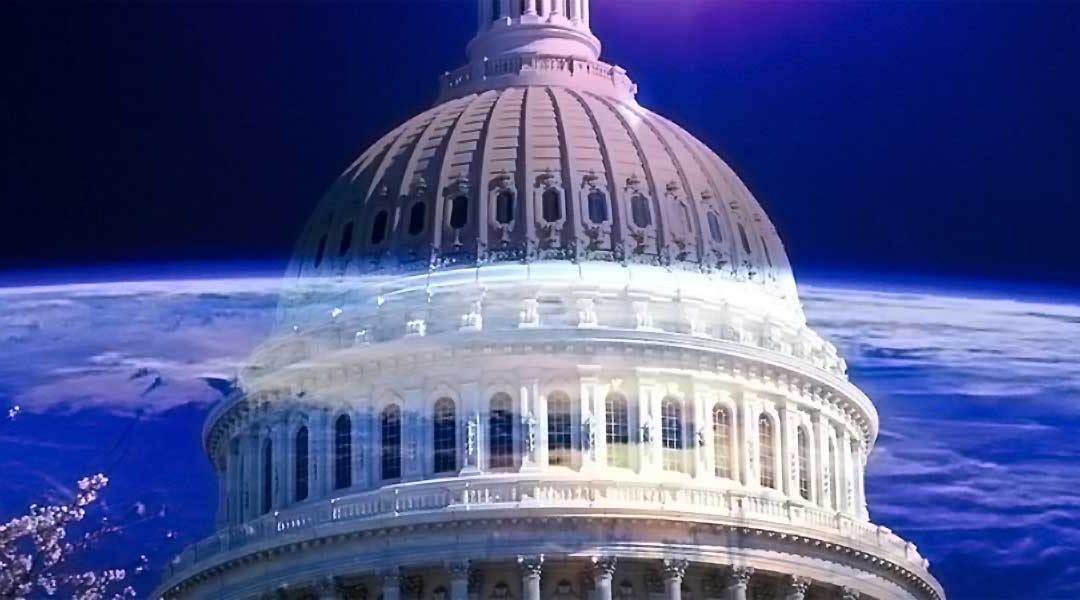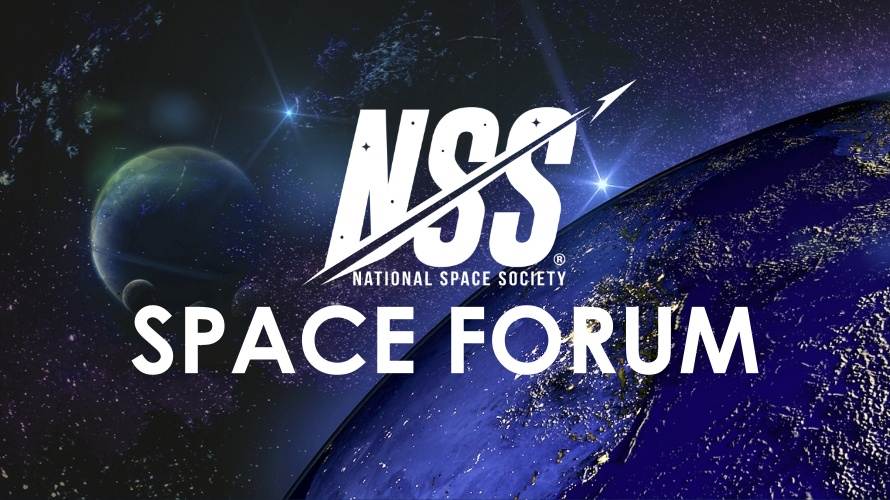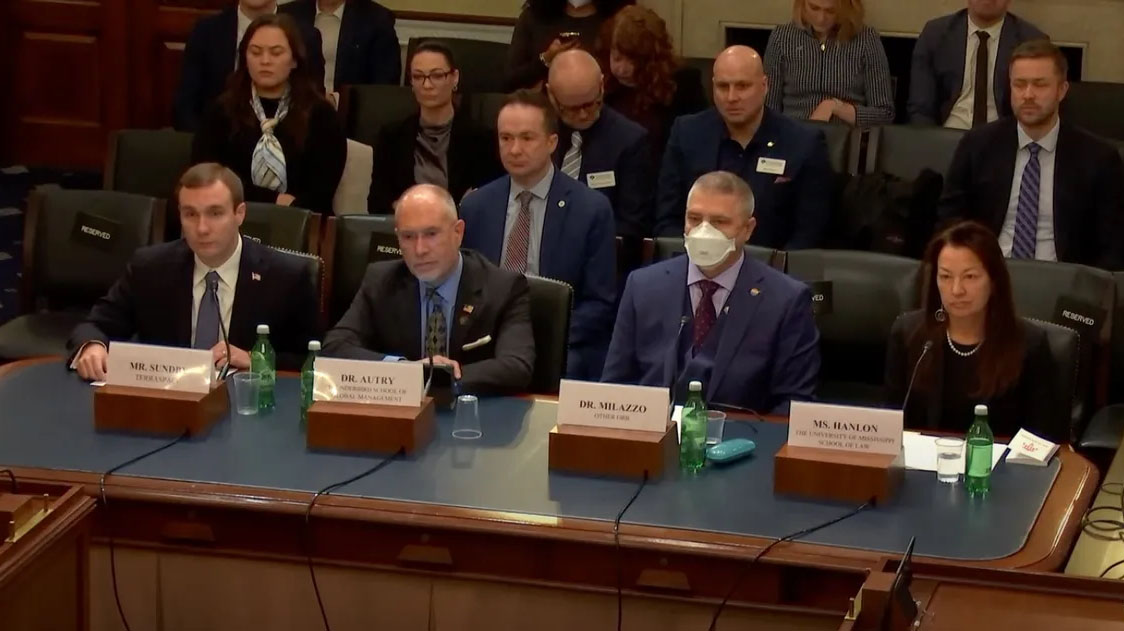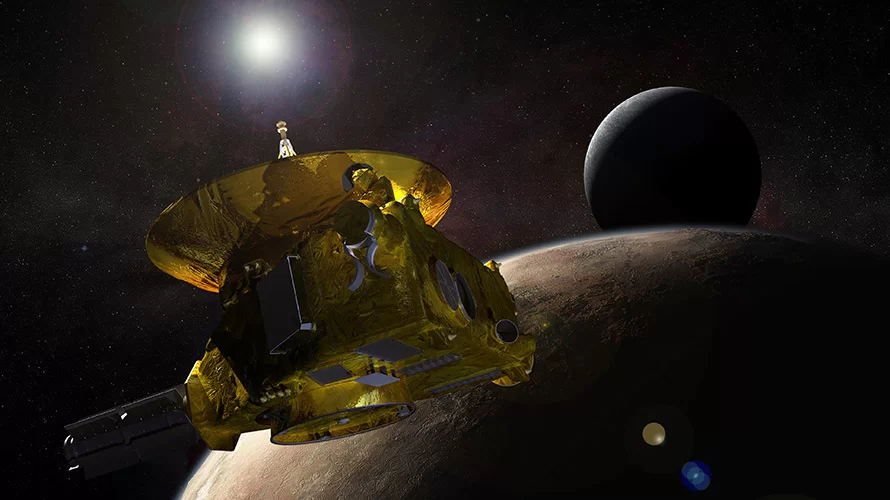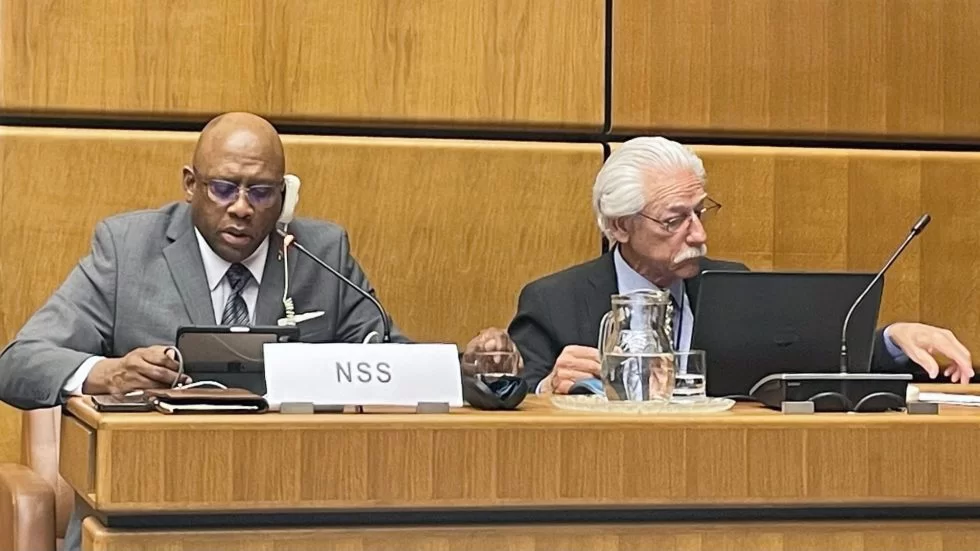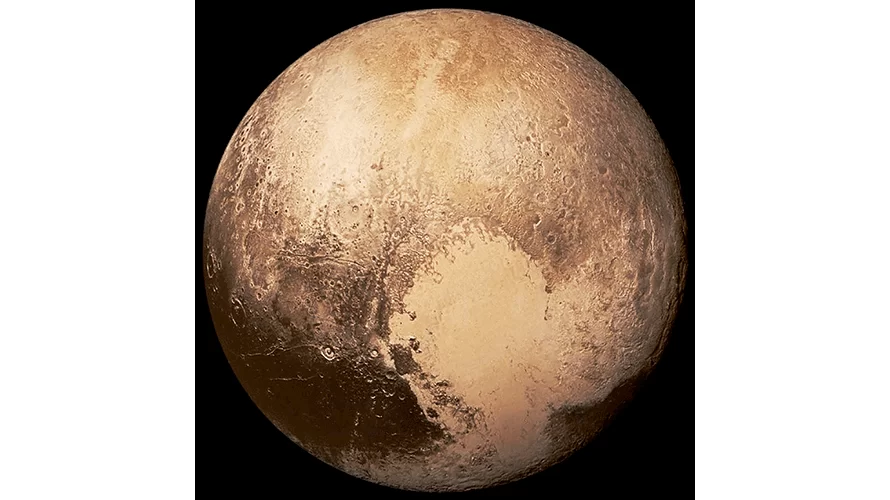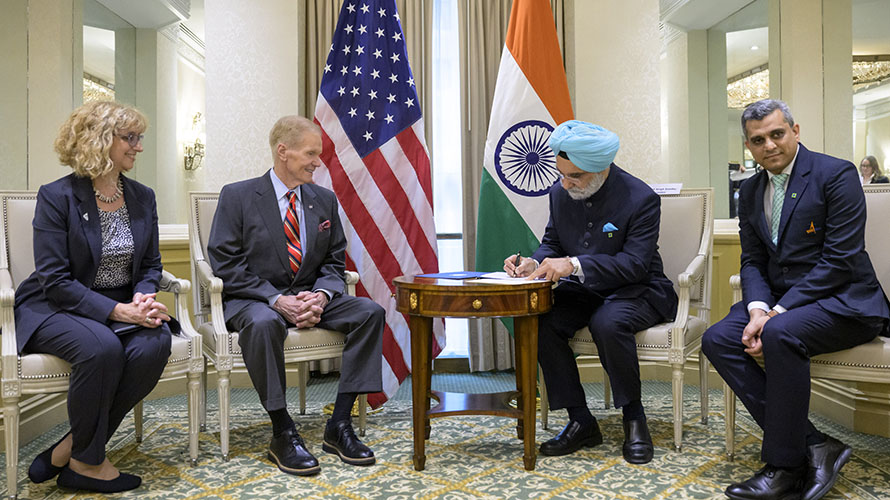NSS Advocacy Center
Stay tuned for new events!
March Storm
The National Space Society’s annual advocacy event returns this year, in-person, to Washington, DC.
NSS Political Action Network
The NSS Political Action Network works to advance the cause of space exploration, development, and settlement via legislative education.
Make your voice heard in DC
March Storm
The National Space Society’s annual advocacy event returns this year, in-person, to Washington, DC.
Contact Congress
As citizens, we have the right to petition our government and make our voices heard on important policy issues.
Take Action Locally
Become A Member
Policy Related posts to the NSS Blog
By Grant Henriksen and Jonathan Dagle NSS Policy Committee The Global Spaceport Alliance GSA has put forth a legislative proposal entitled the 8220 Commercial Spaceflight
The National Space Society invites you to the next Space Forum Thursday February 15 2024 9 00 pm to 10 15 pm EST NSS Space
Image Dr Greg Autry second from left and Michelle Hanlon at far right testifying at the House hearing On December 12 Dr Greg Autry and
By Grant Henriksen NSS Policy Committee Benefit sharing is a concept that refers to the distribution of benefits derived from the exploration and use of
NSS Joins with Beyond Earth Institute and Space Frontier Foundation to Prevent Devastating Budget Cuts The National Space Society recently joined forces with the Beyond
NSS Makes the Case for Facilitating Sustainability on Earth by Expanding Humanity into Space On September 15 2023 the National Space Society in partnership with
Photo Pluto as imaged by New Horizons the first spacecraft to do so Credit NASA SWRI JHUAPL Plans Include Dismissal of Current Science Staff National
Update This position has been filled Are you passionate about space exploration and advocacy The National Space Society is seeking a Volunteer Advocacy Manager to
As the 27th Nation to Sign the Accords India Brings Significant Scientific and Industrial Strengths to the Moon Program Image Indian Ambassador Taranjit Sandhu signs

